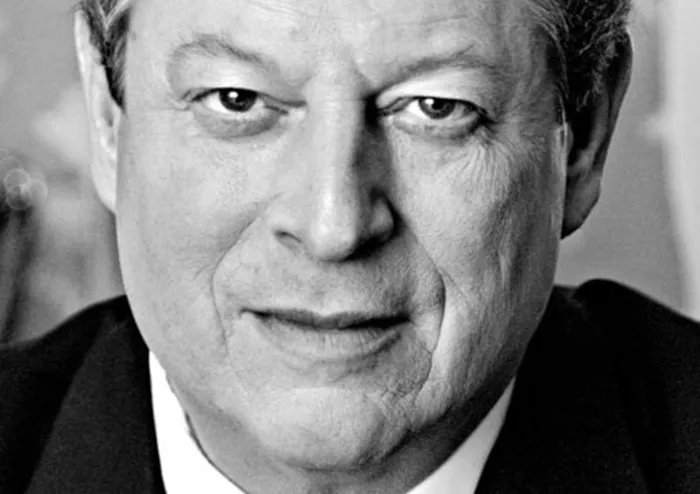Albert Arnold Scholl (1926–2004) stands as a significant figure in 20th Century German poetry. His work reflects the complexities of post-war Germany, offering insights into the nation’s psyche during a time of reconstruction and reflection. As a German poet, Scholl’s contributions are noteworthy for their thematic depth and stylistic innovation.
Albert Arnold Scholl
Born in 1926, Scholl’s formative years were shaped by the tumultuous events of World War II. The aftermath of the war left an indelible mark on his consciousness, influencing his poetic themes. Scholl was among the first post-war poets to be clearly influenced by Gottfried Benn, a prominent figure in German poetry known for his expressionist style. This influence is evident in Scholl’s approach to poetry, where he explores the boundaries of language and meaning.
Poetic Philosophy
Scholl believed that “poetry begins where content stops,” suggesting a focus on the form and structure of poetry rather than its narrative content. This philosophy aligns with the expressionist movement, emphasizing the emotional and psychological experiences over objective reality. Scholl’s poetry often delves into the abstract, using language to evoke feelings and ideas that transcend the literal.
Themes and Style
Scholl’s poetry is characterized by its introspective nature and exploration of existential themes. He addresses the human condition, the search for meaning, and the complexities of identity in a post-war context. His style is marked by a minimalist approach, utilizing simple clauses and precise language to convey profound ideas. This simplicity allows readers to engage deeply with the text, prompting personal reflection.
Comparison with Contemporaries
In the landscape of 20th Century German poetry, Scholl’s work can be compared to that of other notable poets such as Paul Celan and Nelly Sachs. While Celan’s poetry grapples with the Holocaust’s trauma and Sachs focuses on Jewish identity and suffering, Scholl’s work offers a broader contemplation of human existence in the shadow of war. Unlike the overt political engagement of Hans Scholl and the White Rose resistance group, Albert Arnold Scholl’s poetry provides a more introspective and philosophical perspective.
Legacy and Impact
Albert Arnold Scholl’s contributions to German poetry have been recognized for their depth and innovation. His work continues to be studied and appreciated for its exploration of post-war identity and the human experience. As a German poet, Scholl’s legacy is integral to understanding the evolution of German poetry in the 20th century.
Conclusion
Albert Arnold Scholl’s poetry offers a unique lens through which to view the complexities of post-war Germany. His minimalist style and philosophical themes contribute significantly to 20th Century German poetry. By examining his work alongside contemporaries, we gain a richer understanding of the diverse voices that have shaped German literary tradition.

